
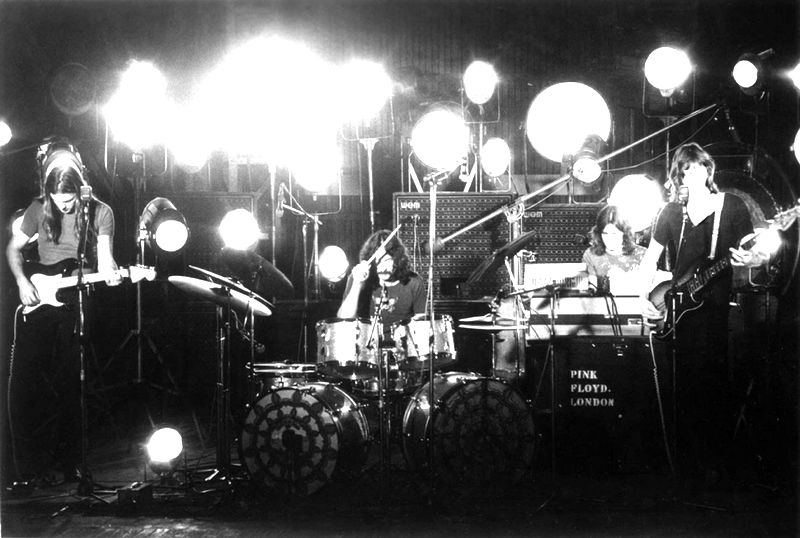
Follow Your Favorite Band Today!
Top Pink Floyd Community Posts
Band Timeline
Formation of Pink Floyd and Early Psychedelic Beginnings
Breakthrough with Debut Album and Hit Singles
Lineup Change: Syd Barrett's Departure and David Gilmour Joining
The Dark Side of the Moon: Landmark Concept Album
Wish You Were Here and Continued Success
Release of Animals and Thematic Focus on Social Critique
The Wall: Iconic Rock Opera and Exploration of Isolation
Band Tensions and Departures: Wright Leaves, Waters Exits
Post-Waters Era: Albums and Tours Led by Gilmour and Mason
Live 8 Reunion Concert
The Endless River: Final Studio Album
Reunion for Anti-War Single Release
Albums
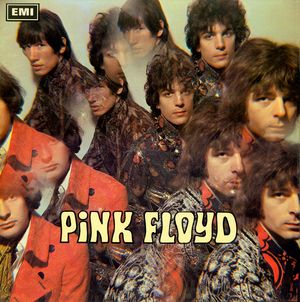
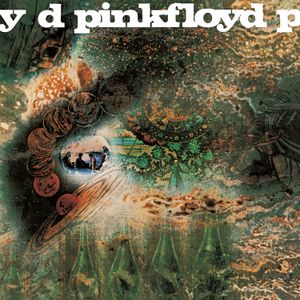
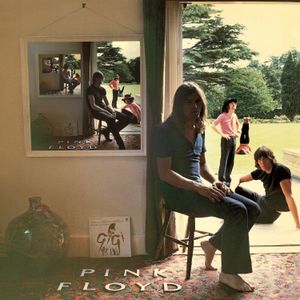


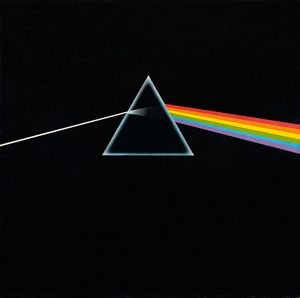
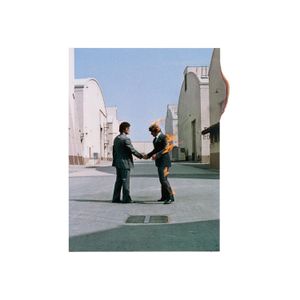




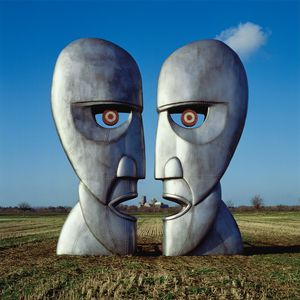
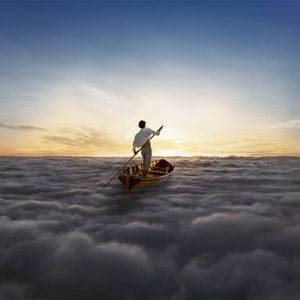
Members
Current
Nick Mason
Drums (drum set)
Percussion
David Gilmour
Guitar
Slide guitar
Lead vocals
History
Roger Waters
Bass guitar
Lead vocals
Richard Wright
Keyboard
Lead vocals
Richard Wright
Lead vocals
Keyboard
Syd Barrett
Guitar
Lead vocals
Story of Pink Floyd
Pink Floyd: A Journey Through Sound and Psyche
Pink Floyd, the legendary English rock band, burst onto the scene in 1965, London's vibrant musical hub. They quickly became a cornerstone of the psychedelic rock movement, captivating audiences with their extended, experimental compositions, thought-provoking lyrics, and mind-bending live shows. Their influence transcended genres, cementing their status as pioneers of progressive rock and, for many, the ultimate champions of the genre.
The band's early years were defined by the visionary Syd Barrett, guitarist and lead vocalist, whose songwriting propelled them to success with singles like "Arnold Layne" and "See Emily Play" and their groundbreaking debut album, The Piper at the Gates of Dawn (1967). However, Barrett's mental health deteriorated, leading to his departure in 1968, a watershed moment in the band's evolution. Enter David Gilmour, a gifted guitarist and vocalist, whose arrival marked a new era for Pink Floyd.
With Waters taking the reins as primary lyricist and conceptual architect, Pink Floyd embarked on a journey of sonic exploration and philosophical depth. Their landmark albums, The Dark Side of the Moon (1973), Wish You Were Here (1975), Animals (1977), and The Wall (1979) established them as a force to be reckoned with, their music a tapestry of innovative soundscapes, intricate instrumentation, and deeply personal narratives that resonated with generations of fans.
The iconic The Wall, a concept album exploring themes of isolation and alienation, was also immortalized in the acclaimed 1982 film Pink Floyd – The Wall, which garnered two BAFTA Awards. The band also left their mark on the world of cinema, composing scores for various films.
Internal tensions, however, ultimately led to the departures of Richard Wright in 1981 and Roger Waters in 1985, marking the end of an era. Pink Floyd's legacy, however, remains vibrant, their music continuing to inspire and resonate with listeners worldwide, a testament to their enduring power and artistic genius.
Bands you may like
More Psychedelic Rock Bands
Explore Psychedelic RockDiscover more bands in the Psychedelic Rock genre and explore the diverse sounds that define this musical style.
Browse All Psychedelic Rock BandsMore Bands from United Kingdom
Explore United KingdomDiscover the rich musical heritage of United Kingdom and explore bands that represent the country's unique sound and culture.
Browse All United Kingdom Bands